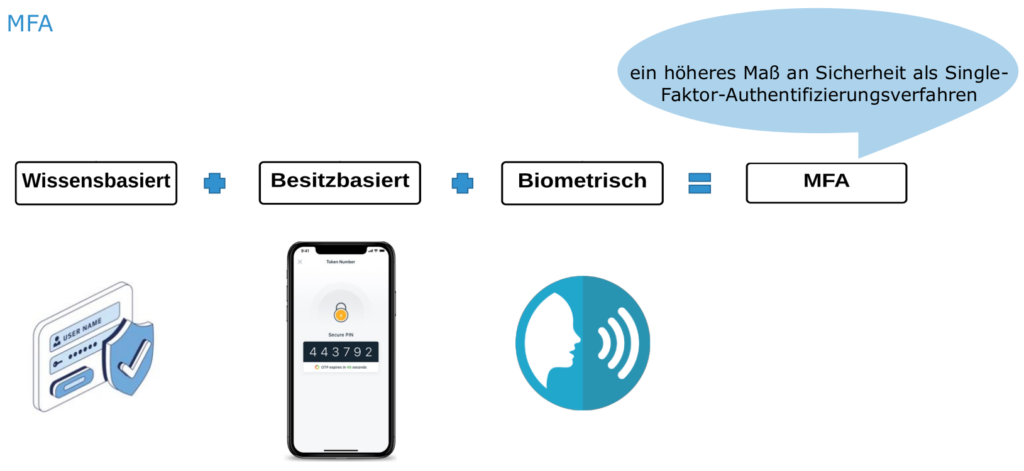Andrii Feduniv successfully defended his Bachelor Thesis on Speaker Recognition for Multi-Factor Authentication

These days, many companies offer their customers the convenience of handling various tasks remotely, including through the use of the voice channel. With just one phone call, customers can make a bank transfer or inquire about their health insurance coverage. To make this possible, the customer’s identity must first be verified, which can be done using traditional methods such as passwords or tokens, as well as through multifactor authentication. This study focuses on the use of speaker verification as a component of multifactor authentication, while taking into account the current ISO standard for usability and security in biometrics. The study proposes methods for enrolling, identifying, and verifying speakers.
In addition, the study examines how the context and length of spoken phrases during the enrollment of speaker profiles can impact verification results. The study also aims to strike a balance between security and user convenience in authentication. The study tests and verifies both genuine users and impostor attempts to gain access using various datasets. Finally, the study selects a practical solution for registering and verifying speakers using spoken digit strings. With the help of Google’s Speaker ID, the study achieves a secure and successful verification of authentic speakers, with no false non-match rate. Although the false match rate during intrusion attempts is 7%, it is considered acceptable since an additional passphrase increases the overall security in this multi-factor authentication.
